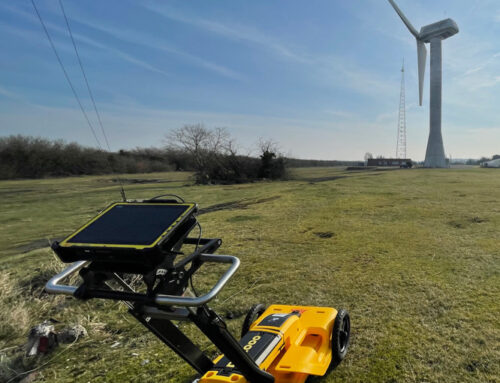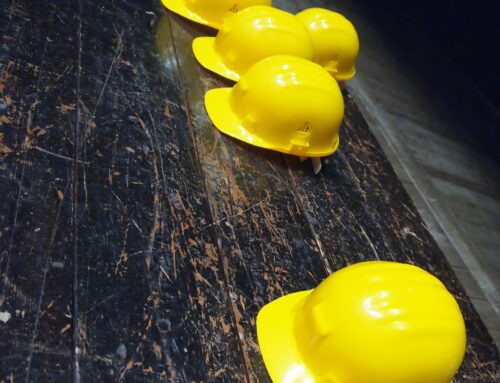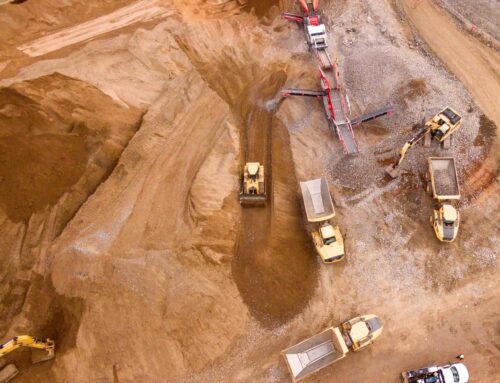Sometimes it might not be clear whether or not you need a geotechnical investigation. But, geotechnical investigations are a critical part of any project and should be conducted before construction begins. As the name implies, geological investigations examine the physical properties of the earth in order to understand how it interacts with structures.
Geotechnical investigations can identify soil types, water tables, bedrock depths and other important information about the land on which your project will be built. If there’s any indication that your project may have underlying issues, don’t hesitate to get a geotechnical investigation done before any major construction takes place.
Why are geotechnical investigations important?
As mentioned, geotechnical investigations will reveal important information about the site your project will take place at. For example, geotechnical investigation can detect if any of your building’s dug foundations are on top of water or mining pits. Geotechnical investigations can also help you find out what kind of soil is underneath your structure’s foundation, giving you clues as to the kind of materials you’ll need for building.
Simply put, these types of investigations are important because they help ensure that your project is built on top of solid soil. If geotechnical investigations don’t take place before construction, you could be risking the stability of your development.
In fact, it’s often more difficult to fix problems if you begin your project without a geotechnical investigation. That’s why you should conduct a geotechnical investigation before construction starts. They will reveal any signs of soil instability that could cause delays for your project. Investing in geotechnical investigations upfront can also allow your contractor to start working sooner, which will save you money.
How are geotechnical investigations carried out?
Samples of the soil are taken to work out the bearing capacity of the soil at different depths. A mini borehole rig carefully places several holes to around 5m around your site.
Then the samples are sent for testing. Some companies provide this at an additional cost and outsource it. But others, such as Your Environment, complete the testing using an in-house laboratory.
Once the testing has concluded, a report is produced. A good company will design the report so you can give it to your builder directly. Contrary to belief, you don’t need to hire an expensive engineer to interpret results.
So, what are the signs you might need a geotechnical investigation?
Geotechnical Investigations can protect you from unexpected costs and delays to your project. When might you benefit from a Geotechnical investigation?
- If your site is undeveloped and no geotechnical data exists
- If your site is undeveloped but the geotechnical data is incomplete. For example, some areas of the site haven’t been explored. Boring logs, site plans, or lab data is missing; site geology or geologic hazards are not described; etc.
- If your site is undeveloped but the report is out of date. For example, the report describes features that aren’t present anymore or the report is more than 3 years old.
- If your site has been developed, but are planning to develop new areas of the site
- If your site has been developed but there are signs of issues with the soil. Signs include cracks, moisture problems and issues with paving panels.
- If your site has been developed and you are in an area with a history of issues such as sinkholes, liquefaction and landslides.
Issues that occur on your site can have a huge impact on property value. Making sure you understand these risks upfront will enable you to manage it and make smart business decisions.
Conclusion
Geotechnical investigations give you a comprehensive picture of what is going on with the land around a prospective site.
They protect you from liabilities that could instantly destroy any development that takes place. This includes identifying the risk of sinkholes, landslides or soil liquefaction.
Additionally, geotechnical investigations also identify issues that could degrade existing structures over time. Essentially, geotechnical investigations prevent development delays and reduce costs should problems arise. For more information and advice, get in touch.




